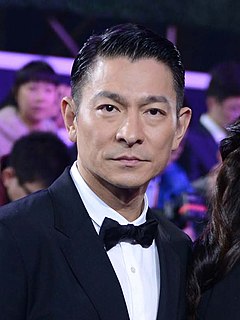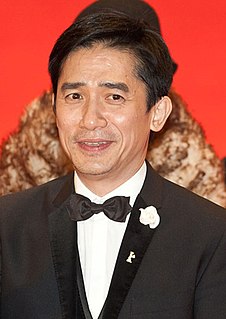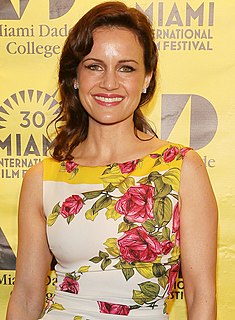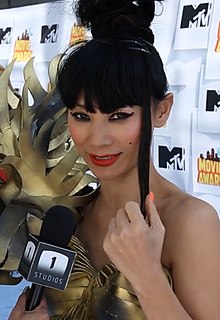A Quote by Andy Lau
Wong Kar Wai is a very intense character, very personable, and I believe in general he does not like and he would not want his actors to show their true looks and their true personality on screen.
Related Quotes
I found very interesting - trying to separate the different facets of Superman in that way. When you're aware of how people perceive you, you can't always remain true to yourself, and that was an interesting thing for me to apply to the character as well - exploring these different facets of his personality while having certain bits of it stripped away. The arrogance of a person who would have the kind of power that Superman does - we see that in The Return of Superman. Superman is not that character, but since he has all of those powers, he has that capacity for arrogance.
I did an action series back in '97, and did very intense training; weapons, knives, hand-to-hand combat. The more an actor trains in that way, the more we can do on screen and the better it looks. Nowadays, they want the actors to do as much as possible and stunt doubles are primarily used for the dangerous things that aren't covered by insurance.




































